|
Papilio machaon / Swallowtail
Flatrabishtori makaon
Papilionidae - Papilioninae
Papilio machaon (Linnaeus, 1758). TL: Sweden.
 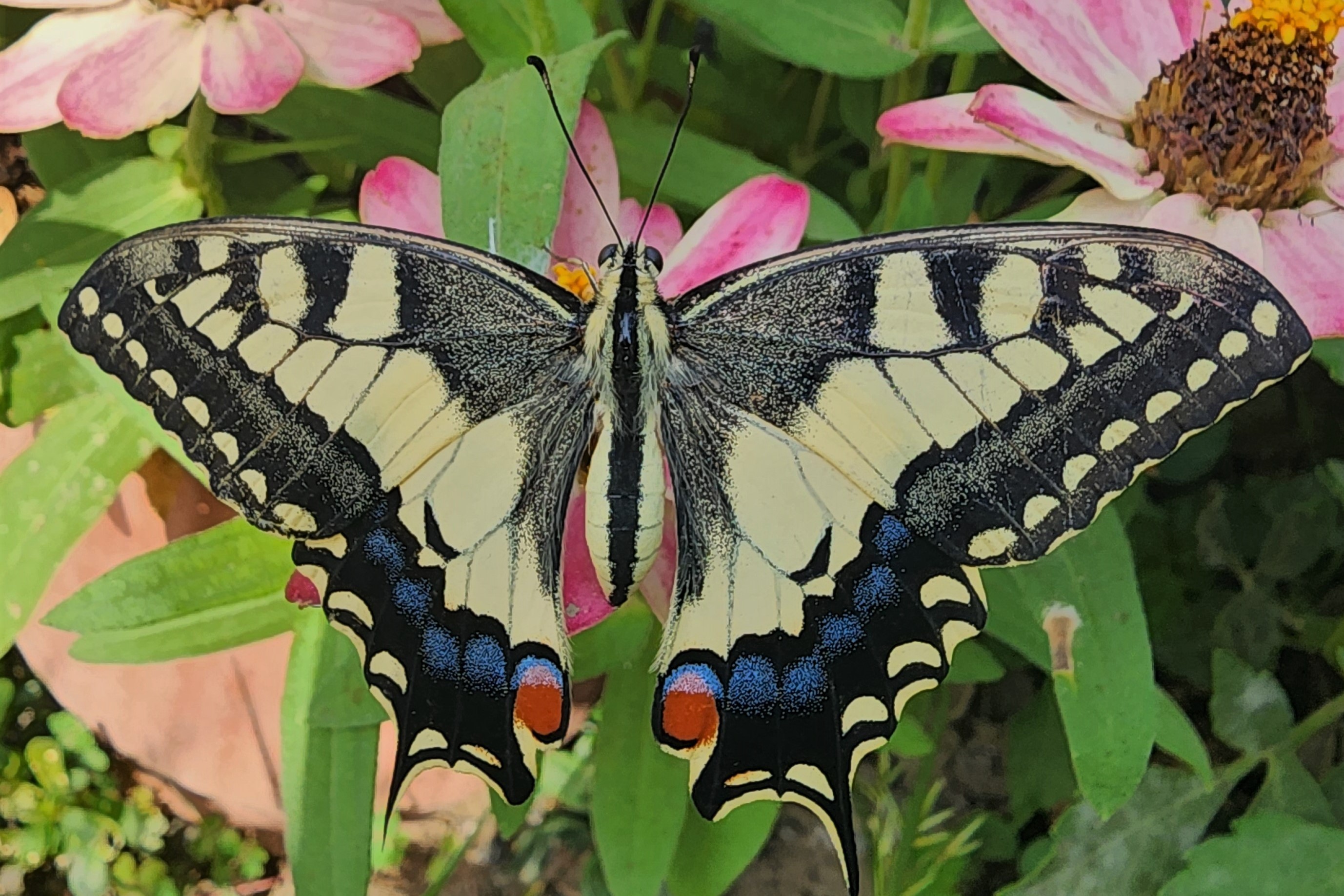
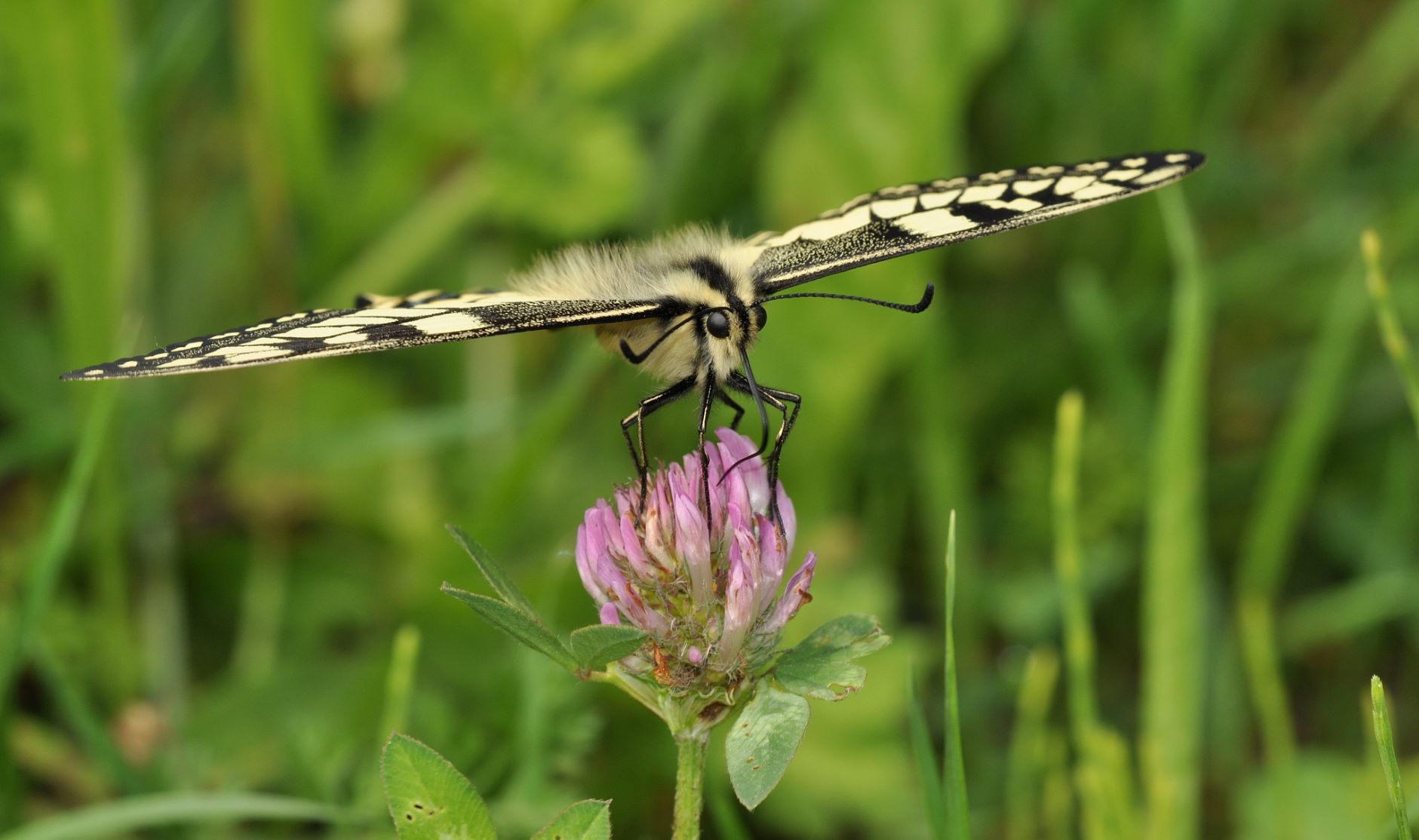 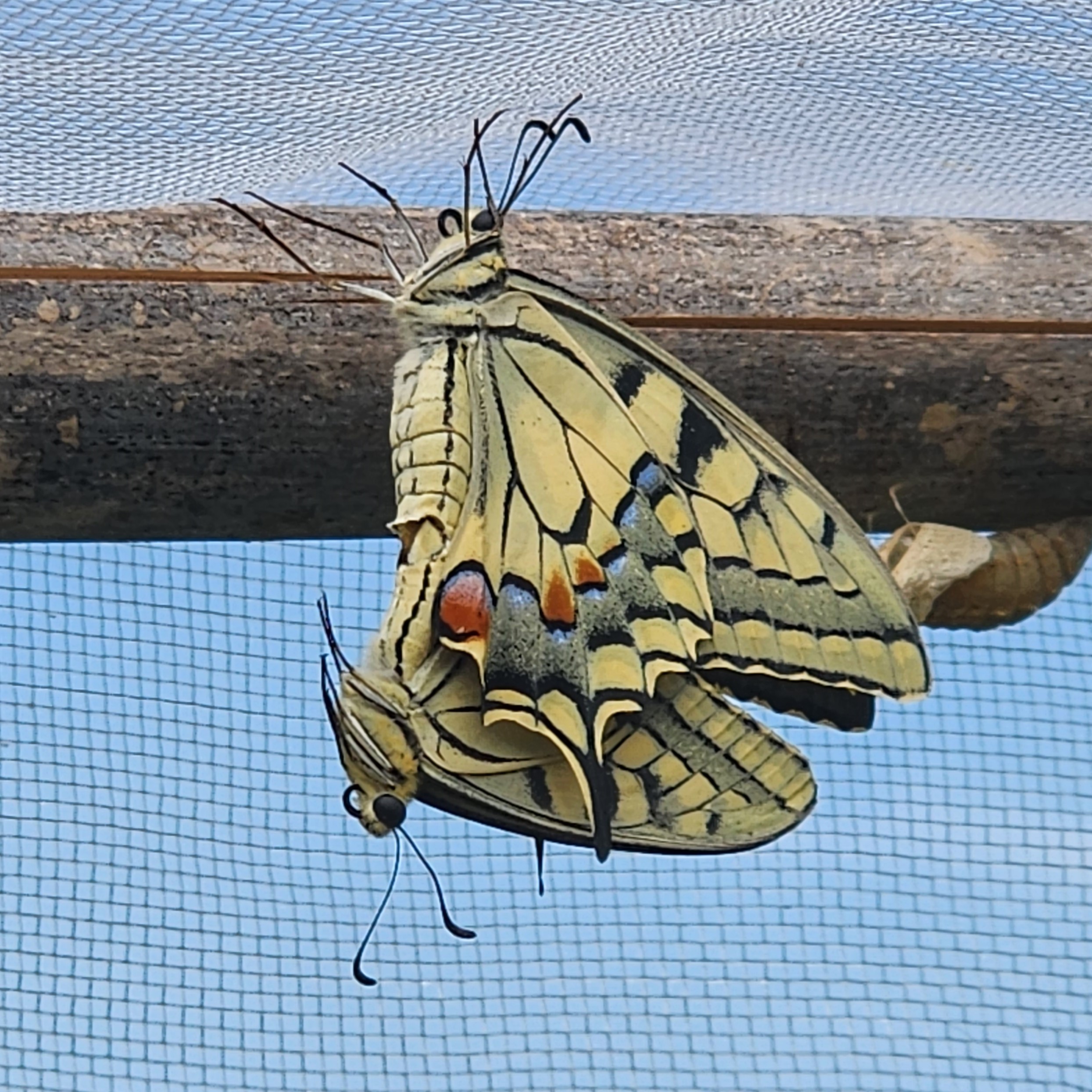
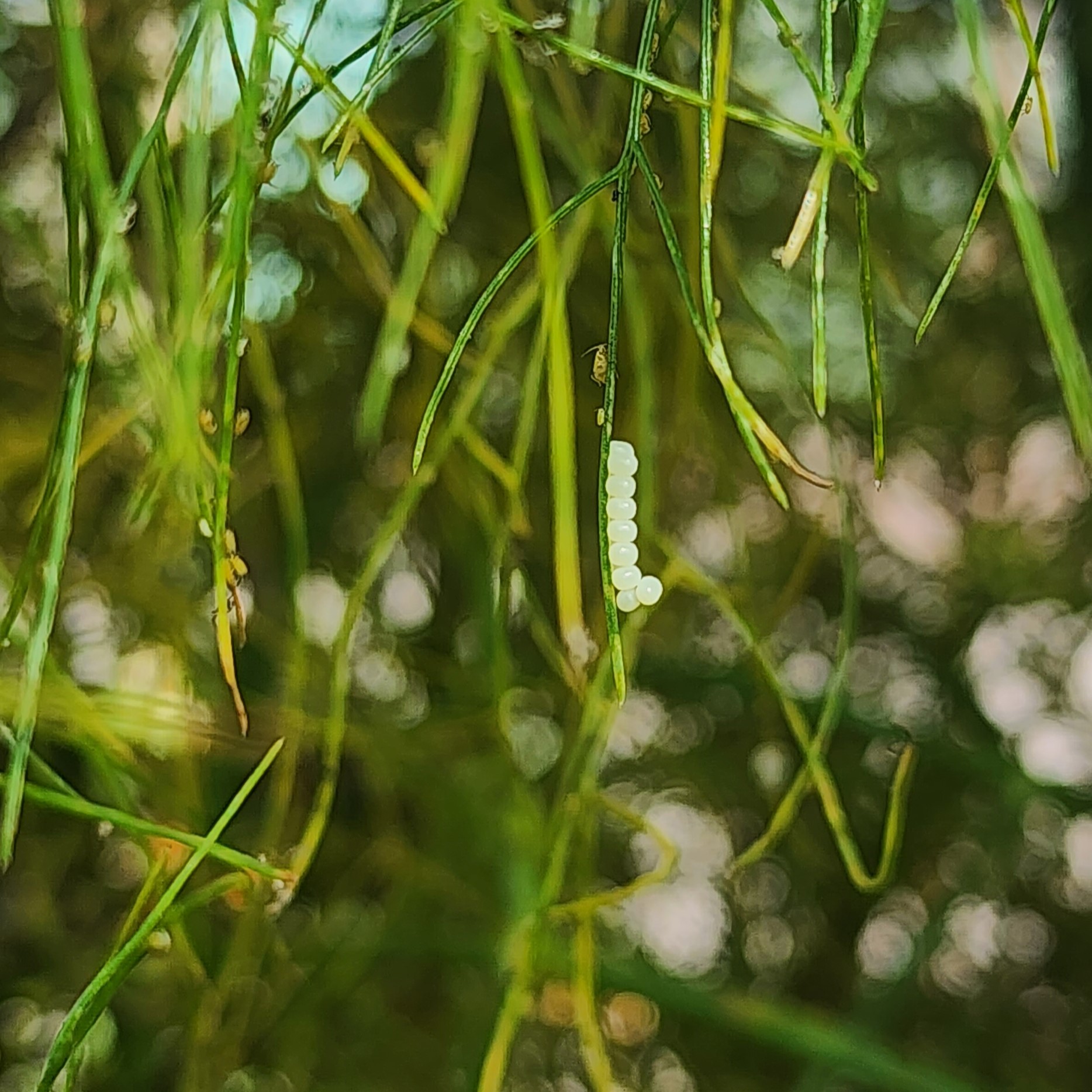 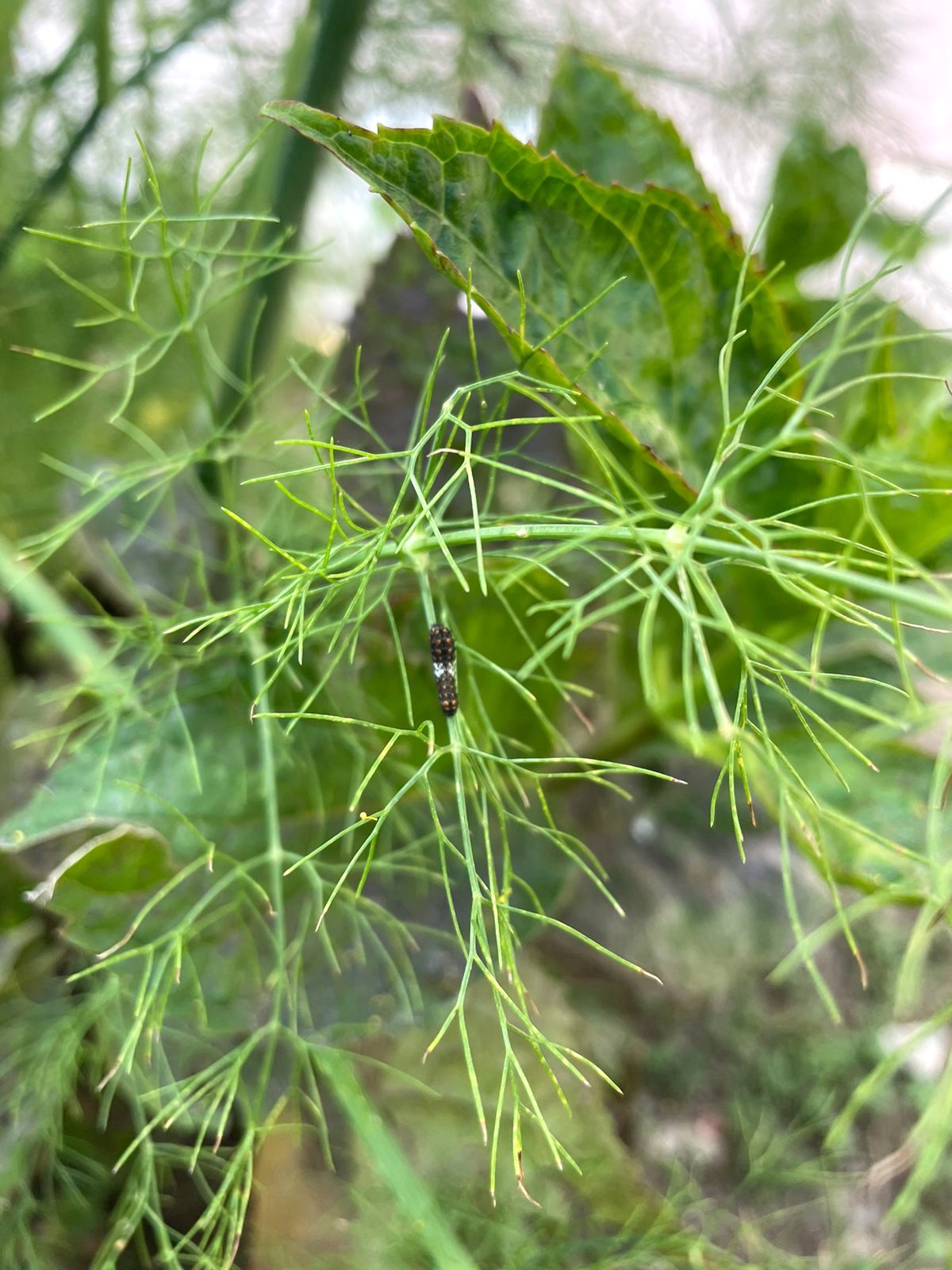 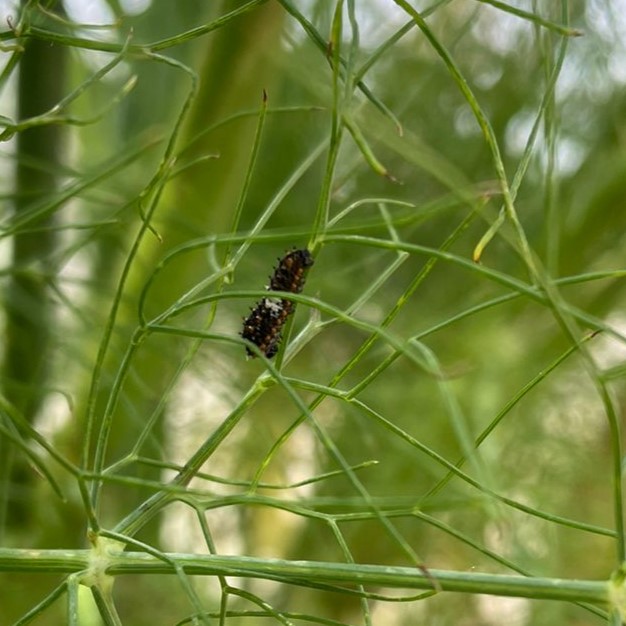 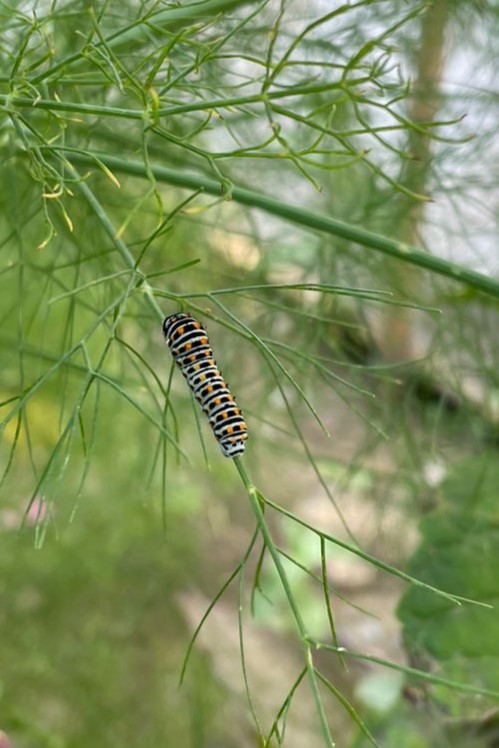 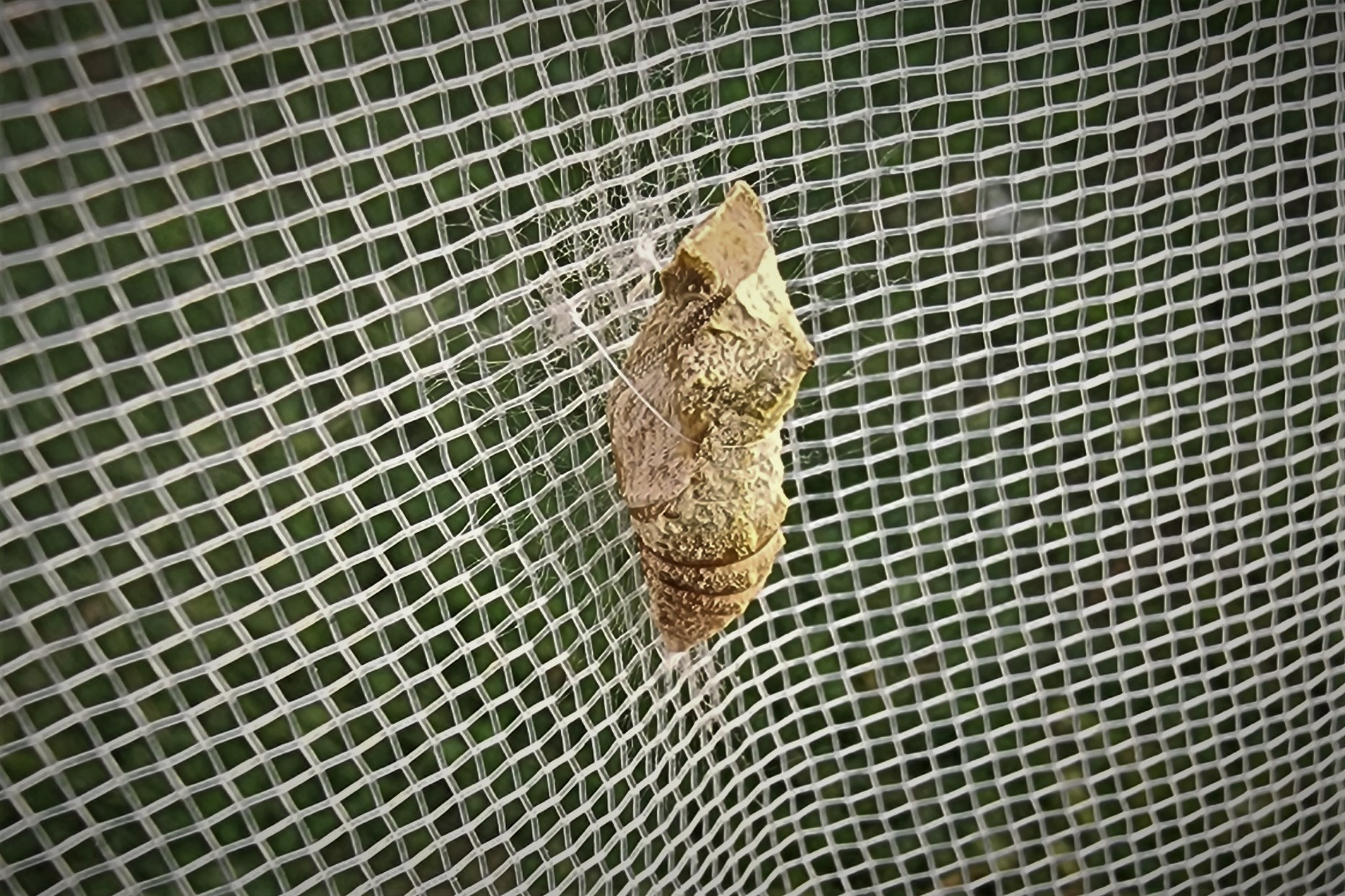 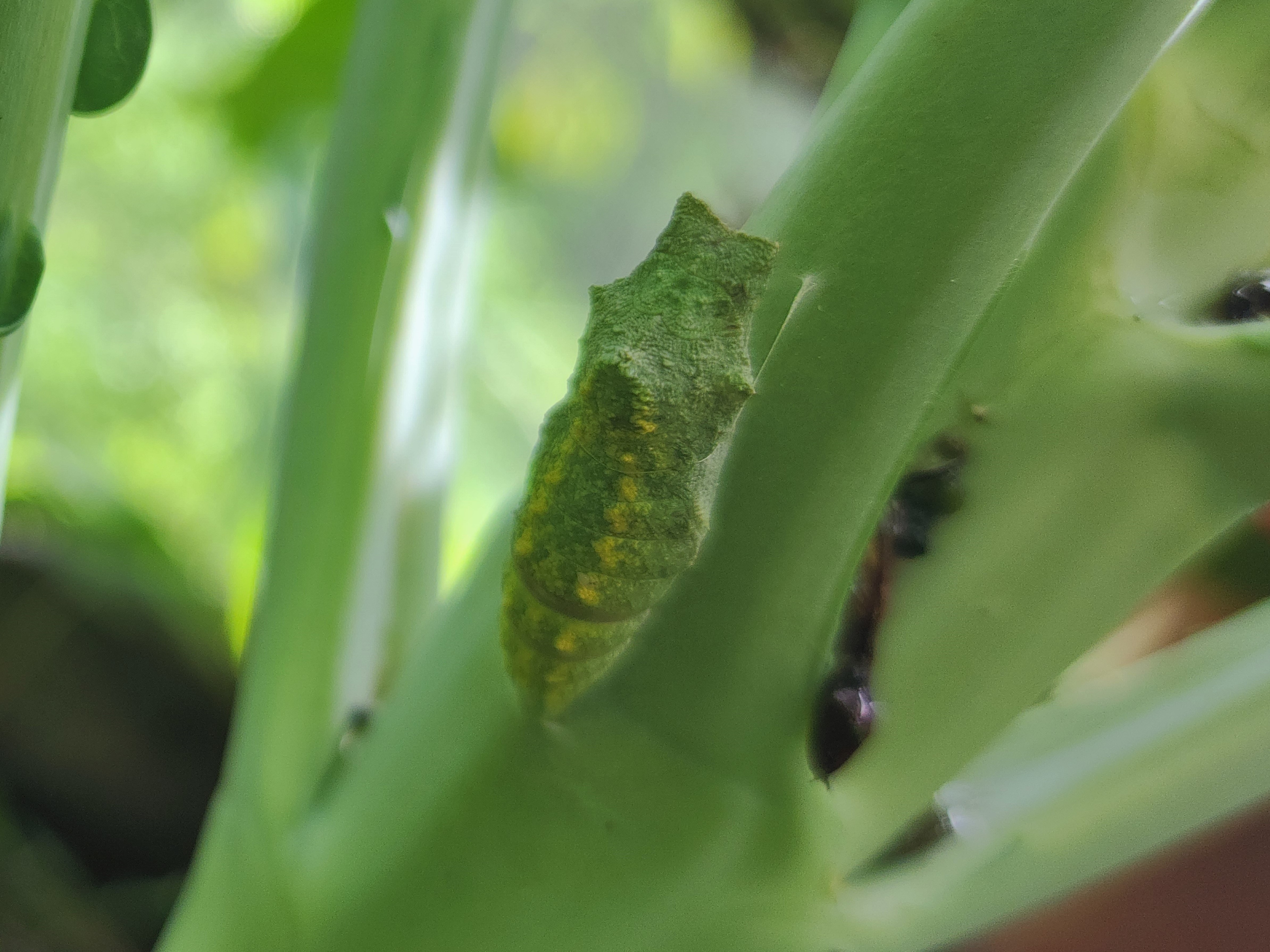
1a. Papilio machaon, distribution map (09.i.2025).  Historical data ; Historical data ;  Additional data from the 2018 update ; Additional data from the 2018 update ;  New observations since the 2018 update. New observations since the 2018 update.
1b. Papilio machaon. Albania (© Marko Prendi)
1c. Papilio machaon. Belgium (© Sylvain Cuvelier)
1d. Papilio machaon copula. Albania (© Marko Prendi)
1e. Papilio machaon, ova. Mjede, Vau-Dejes, Albania (© Marko Prendi)
1f.
Papilio machaon, L3 caterpillar, dorsal view. Mjede, Vau-Dejes, Albania (© Marko Prendi)
1g Papilio machaon, L3 caterpillar, lateraal view. Mjede, Vau-Dejes, Albania (© Marko Prendi)
1h. Papilio machaon, L5 caterpillar, dorsal view. Mjede, Vau-Dejes, Albania (© Marko Prendi)
1i. Papilio machaon, brown pupa. Mjede, Vau-Dejes, Albania (© Marko Prendi)
1j. Papilio machaon, green pupa. Mjede, Vau-Dejes, Albania (© Marko Prendi)
Description
♂♂
Large butterfly. Fw: 32-38 mm.
Ups: yellow with black markings.
Upf:
a large black basal area.
Uph: blue spots in black postdiscal band.
Uns: yellow with black markings.
Unh: blue spots less pronounced.
♀♀
Similar, larger.
Similar species
Papilio alexanor
Upf:
Yellow basal area.
Transversal black stripe.
Continuous yellow antemarginal area.
No black coloured veins.
Uph:
Transverrsal black stripe.
Unf:
Yellow basal area.
Transversal black stripe
Unh:
Transversal black stripe
|
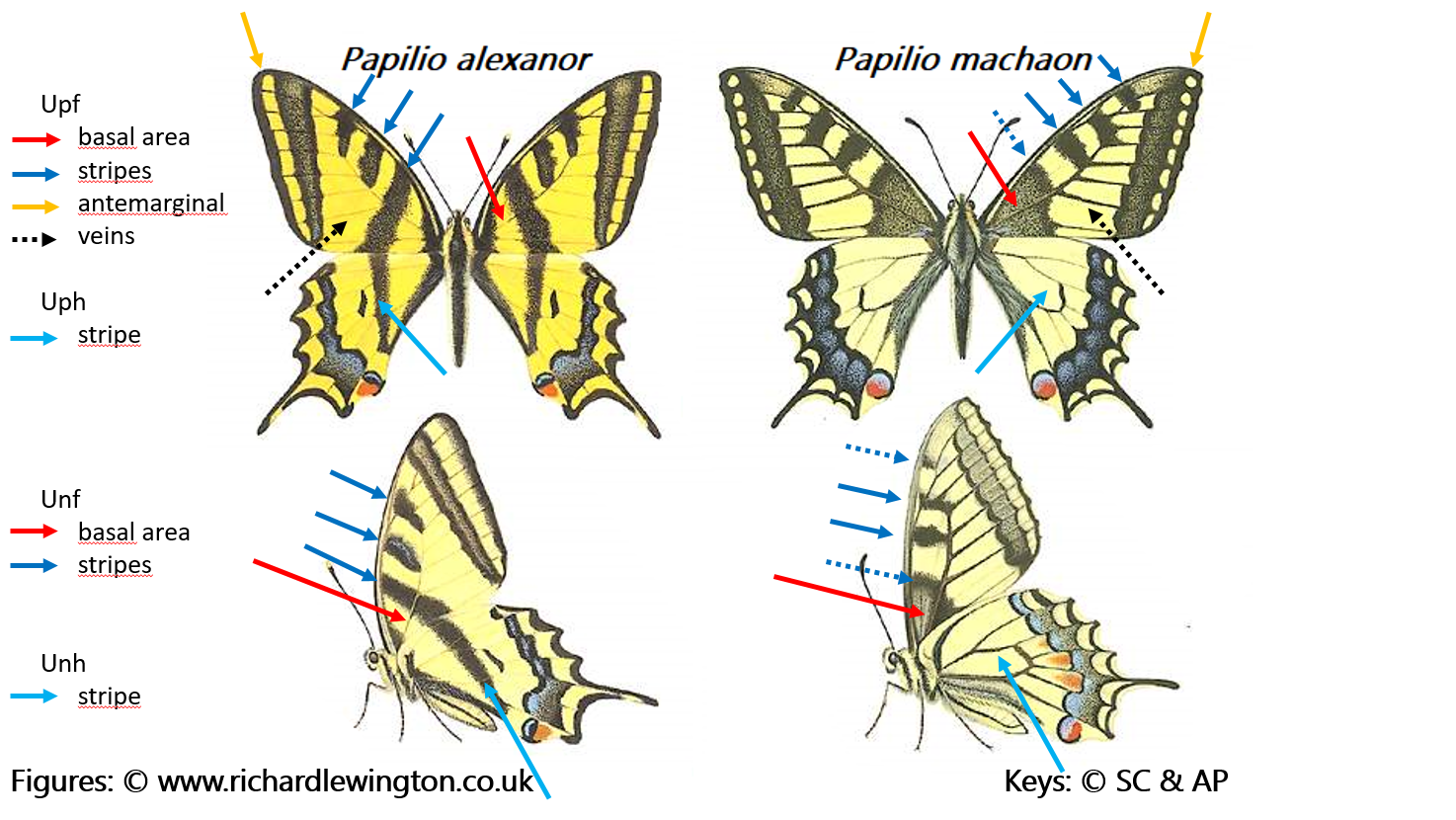 |
Life cycle
Adults: two or three broods per year depending on the local climate, rather long life span.
Egg: oviposition starts 2 to 5 days after mating. The egg stage lasts 5-12 days.
Caterpillar: 22-36 days. Small larva looks like a bird dropping, large larva cryptic coloured, green with black stripes and orange dots and armed with an osmaterium.
Pupa: overwintering up to 30 weeks, attached to a branch or a stone. During the flight season: 13-22 days.
Habitat
Papilio machaon inhabits a broad variety of grassy and flowery habitats that are not regularly mown or mildly grazed by cattle.
It can be found in gardens, on verges of country roads, in clearings and in the mountains from lowland up to 2000 m a.s.l. and vagrant specimens can fly higher.
Spatial requirement high, population density low.
It is a nomad that can migrate over long distances. Hilltopping by males for courtship can give congregations.
Foodplants
Caterpillars feed mainly on Anethum graveolens, Angelica archangelica, A. sylvestris, Crithmum maritimum, Carum carvi, Daucus carota, Foeniculum vulgare, Pastinaca sativa, Peucedanum cervaria, P. palustre, Pimpinella saxifraga, Silaum silaus and Ruta graveolens (other Rutaceae have been mentioned)
Butterflies feed on all kinds of large flowers.
Distribution
Albania: widespread.
Balkan: AL - BG - BIH - GR - HR - NMK - MNE - RKS - RO - SLO - SRB
Europe: IB - IT - BAL - ALP - NWE - UK - SCA - EEU
Asia Minor, Near East, Transcaucasia, Caucasus and further east.
Conservation status
Papilio machaon is not endangered.
Albanian Red List: LC.
IUCN Red List, category at the Mediterranean level: LC.
Useful links
Bink 2015
Pyrgus.de
Lepiforum
Euroleps
|
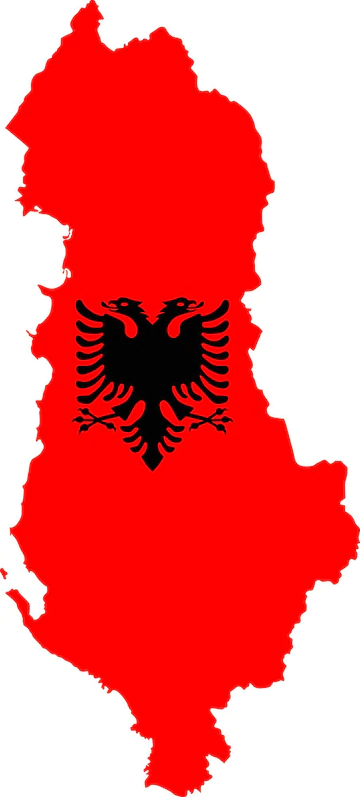 xx
xx 










 Historical data ;
Historical data ;  Additional data from the 2018 update ;
Additional data from the 2018 update ;  New observations since the 2018 update.
New observations since the 2018 update.